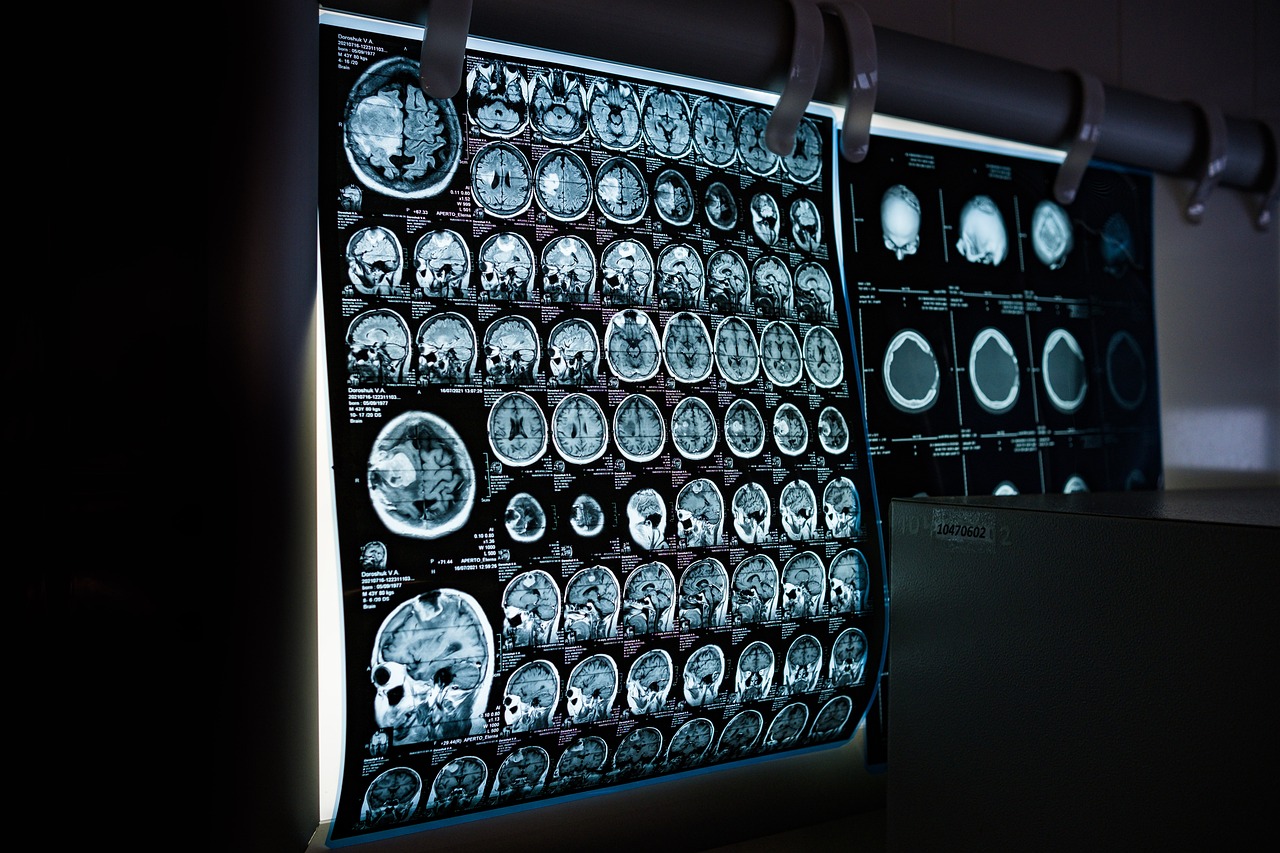Americans are catching onto the benefits of psychedelics, with celebrities from Prince Harry to Kristen Bell extolling their benefits, media stepping up coverage of life-changing testimonials, legislators championing bi-partisan bills to advance regulatory access, the AMA publishing language for new CPT codes for psychedelic-assisted therapies, and leading medical institutions conducting hundreds of clinical trials worldwide. As someone who has benefited from psychedelic treatment and has dedicated much of my post-military career to helping the special ops and veteran community receive effective care, I should be thrilled. Instead, I’m concerned.
While the buzz is building awareness of the benefits of psychedelics, it threatens to gloss over the dangers these medicines pose if mishandled. Make no mistake, psychedelics are extremely powerful tools. But we must tread carefully and recognize that proper preparation, safe and responsible administration, and ongoing integration are critical components of an effective psychedelic-assisted therapy (PAT) treatment plan. Just as important, we must accept that PAT is not for everyone.
Unfortunately, this type of caution hasn’t always been the hallmark of our healthcare system, as we’ve experienced with the opioid epidemic. While research shows they’re not addictive, there’s a risk of misuse of psychedelics amid their growing popularity which may ultimately undermine access to effective substances that could help tackle our nation’s escalating mental health crisis.
The situation we face today is dire. Roughly 73 million Americans suffer from conditions such as post-traumatic stress disorder, anxiety, depression, and obsessive-compulsive disorder, and 46.3 million are struggling with substance use disorder. Far too many lack access to adequate mental health care, with one survey showing that only one in four Americans believes that care is readily accessible.
For a long time, I was one of those statistics.
Following six combat tours to Afghanistan and Iraq as a Navy SEAL, I suffered from multiple mild traumatic brain injuries, PTSD, and depression. The antidepressants and mood stabilizers I was prescribed for seven years straight simply didn’t work – a condition I now know as treatment resistance which affects as many as 60 percent of patients – nor did other traditional therapies, or multiple visits to brain clinics. It wasn’t until I traveled to Mexico for psychedelic-assisted therapy, where these treatments are legal or unregulated, that I found relief.
While not for everybody, these drugs can be powerful tools for healing. They saved my life, and opened my eyes to the kind of treatments our country could provide to the millions of Amerians who are suffering from mental illness. Scientific research suggests there are multiple psychedelic drugs being studied that could be game-changers for a variety of mental health conditions: Ketamine for depression, MDMA for PTSD, Psilocybin for depression, Ibogaine for substance use disorder, and so on.
Many of these naturally occurring substances have been used for millennia by indigenous cultures as sacred rites of passage, for spiritual growth, and to improve health and wellness. As these revered cultural practices collide with modern medicine – and the psychedelic underground – we must carefully assess best practices. These drugs are not a panacea, and they pose real risks, if not experienced properly.
Headlines have largely ignored these risks and instead focused on celebrities touting life changes from their psychedelic experiences: Will Smith, Gwyneth Paltrow and Aaron Rogers by Ayahuasca, Steve Jobs by LSD, Mike Tyson by Psilocybin and 5MEO-DMT…the list goes on. I fear that this media hype could unleash a surge of experimentation without proper administration or integration, harming already vulnerable individuals and leading to bans of life-changing treatments.
Psychedelic drugs have always had a certain sex appeal from a recreational standpoint. Layer on to that their ability to function as tools to heal, and they will sell like hotcakes in today’s pandemic-drained, overscheduled society. If psychedelics are medically approved for therapeutic use, which I hope they are, and become a part of our clinical mental health toolkit, we need to build a safe and responsible ecosystem around their use.
I’m convinced we can do this right, if we take a collaborative approach, and we take it now.
Psychedelics are a rare case where lawmakers are working across the aisle to garner federal funding for ongoing research and to educate Congress on the results. We must not let politics get in the way of such progress.
On the research and clinical trial fronts, we are making headway, Lykos Therapeutics (formally MAPS), a public benefit corporation, is seeking approval from the FDA to offer MDMA-assisted therapy to treat PTSD. Advances are being made in drug development with the creation of synthetic molecules engineered to preserve the benefits and reduce some less desirable side-effects of certain naturally occurring substances. We must continue to fund this research and interpret its results openly and honestly. We should not rush recklessly to adopt treatments before they are scientifically proven.
In addition, our ability to usher in this new paradigm of mental health in a safe and enduring way depends heavily on providers and their responsible adoption of care-delivery practices. Therapists and clinicians–occupations already overburdened and under-subscribed–must become educated in this new space and establish and embrace standards of care rooted in strict safety guidelines and evidence-based protocols.
Lastly, employers and insurers must take steps to ensure equitable access for everyday Americans, where a private pay model and costly international retreats aren’t a viable solution, nor is a lifetime of prescription medication that may not even be effective. Operationally, the productivity of our workforce depends on it.
We’re at a watershed moment, where we can engage in multi-level collaboration to establish a structure for the safe and effective treatment of a wide array of mental health conditions, or we can act rashly and end up depriving our friends, family, and communities of proven tools to take control of their mental wellbeing.
The problem is too big – and too many people will get hurt – for us to accept anything but the right path.
Build With Us
Our formula for success begins with those who dare to look beyond what’s possible.
Get Started




